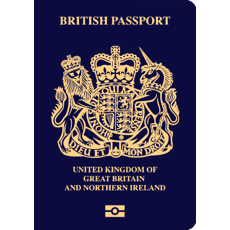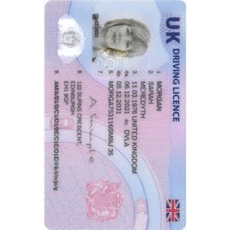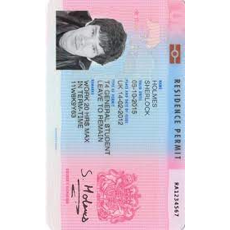UK Boat Licence Photo
Ready to navigate the waters? Snap your UK Boat Licence photo in 3 seconds with our easy-to-follow instructions, ensuring a smooth and compliant application process for your boating adventures.
Upload a photo

Upload a photo
How to take your own biometric photo
Get your perfect biometric photo instantly. Check out just how easy it is

Take or upload a photo
Use a photo you already have or take a new one. We'll double support it

Get compliant photo with AI
Our AI system will automatically crop, cut out, resize and adapt to meet all requirements

Enjoy your new photo
Instantly download the digital photo and printable template
UK Boat Licence Photo—Requirements
Here is a quick overview of all requirements for your photo

35x45 mm
300 dpi
 Background Color
Background Color
Yes
Yes
FAQ
What do you need to get a boat license in the UK?
To obtain a boat license in the UK, you must meet specific requirements depending on the type of vessel and the waters you plan to navigate. Generally, you will need to provide proof of identity, such as a passport or driving license, and demonstrate your boating knowledge and skills. While the UK doesn’t have a mandatory nationwide boating license for all types of recreational boating, certain regions or waterways (like the River Thames or canal systems) may require you to obtain a license or certificate.
Once you meet these requirements and pass any necessary tests, you will be issued a license, allowing you to legally operate your boat on UK waterways. Always check local regulations for specific licensing requirements based on the boat type and where you plan to sail.
Do you need a licence to drive a boat on the Thames?
Yes, you need a licence to operate a boat on the tidal Thames. The Port of London Authority (PLA) requires all vessels navigating these waters to be licensed under the powers granted by the Port of London Act 1968 (as amended). This applies to a wide range of vessels, including commercial and recreational boats.
However, if your vessel is already certificated by a recognised authority, such as the Maritime & Coastguard Agency (MCA), another navigation authority, or a local authority, you may not need a separate licence from the PLA. It’s important to ensure that your vessel complies with both safety regulations and the necessary certifications before using it on the Thames.
To obtain a license or learn more about the application process, including any specific requirements for your type of vessel, you can refer to the PLA’s official guidelines and vessel licensing services on their website.
How much does it cost to get a boat license in the UK?
The cost of a boat license in the UK varies depending on several factors, including the type of boat, its size, and the waterways you plan to use. For example, if you’re operating on canals and rivers managed by the Canal & River Trust, annual licence fees can range from approximately £100 to £1,000 or more, depending on the length and type of your boat. For larger vessels or those using tidal waters, such as the Thames, the fees can be higher.
In addition to the basic license, there may be additional charges for specific services, such as using certain facilities or mooring in particular areas. For instance, a license for a small boat on a canal might cost around £200 per year, while a larger, more complex vessel could incur fees closer to £1,500 annually.
To purchase or renew a boat license, you can visit the Canal & River Trust website, which provides an online portal for payment, as well as detailed information on fee structures based on boat size and the waterways you’re using. It’s also advisable to check with local authorities for specific costs if you plan to navigate other regions, such as the tidal Thames or private waterways.
Do I need to register my boat in the UK?
In the UK, whether you need to register your boat depends on its intended use and the waterways you plan to navigate. For inland waterways, such as rivers and canals, you are generally required to obtain a licence from the relevant navigation authority, like the Canal & River Trust. This licence grants you the right to use the waterways but does not constitute formal registration of the vessel. Registering your boat provides evidence of ownership and nationality, which can be beneficial for international travel and legal purposes.





